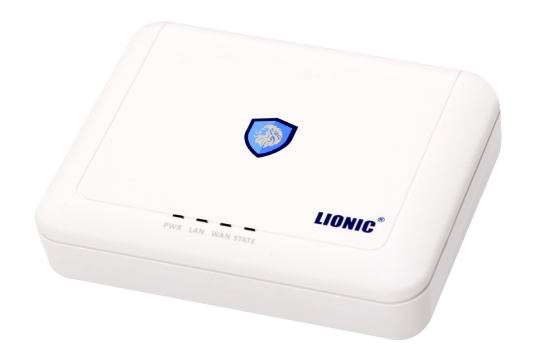
Customer Background
During the visit of a significant foreign dignitary to Taiwan in 2020, both Taiwan Railways and 7-11’s electronic advertising billboards, as well as the official website of Taoyuan International Airport, were subjected to consecutive cyberattacks. In fact, the volume of daily cyberattacks increased by 23 times. Information security for public transportation billboards is crucial as they serve as vital channels for conveying important messages. However, they were compromised by ad replacement. Following these incidents, various entities have heightened their cybersecurity awareness and now require the installation of firewalls for screen billboard systems within stations to prevent unauthorized access and potential attacks.
The public sector is enhancing cybersecurity awareness to strengthen the stability and security of public transportation systems.
Public transportation billboards face various security challenges, including external attacks and information leaks. Hackers may attempt unauthorized access or control, leading to the leakage of critical data such as schedules and passenger information. To address these challenges, public transportation authorities need to establish robust information security defenses and emergency response plans.
At a certain subway station, the deployment of Pico-UTM 100 allows remote connection to the station’s PC for playing advertisement videos. This successful implementation helps fend off various cybersecurity threats, ensuring stable Ad playback and content integrity. It provides secure and reliable advertising services while safeguarding the entire system from unauthorized modifications or manipulations.


